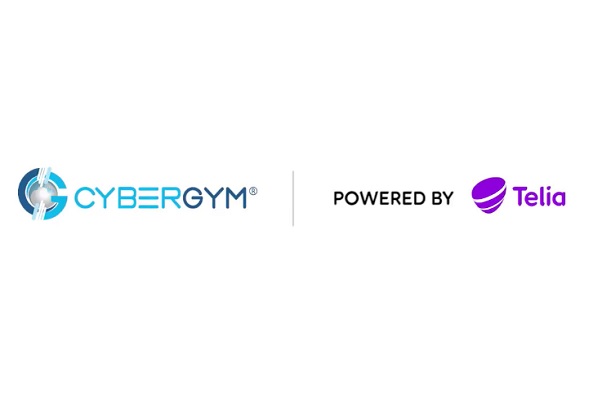Telia Company has launched LTE access for carrier ethernet subscribers in Sweden and Finland, as well as launching northern Europe’s first “cybertraining” centre.
The operator said it was leveraging its 4G network to serve companies in remote areas with little or no access to modern telecoms infrastructure.
The operator said it was leveraging its 4G network to serve companies in remote areas with little or no access to “modern” infrastructure, as well as those who find it too expensive or too complicated to install new technology.
It is targeting its 4G Mobile Access for L2VPN at larger organisations such as manufacturers, healthcare providers, regional governments and other public sector bodies.
Thomas Johansson, Head of Multi National Customers, Global Services & Operations at Telia Company, said: “Our new 4G mobile access for Carrier Ethernet services allows organizations to connect sites to their data network, WAN, through 4G. Enabling them to extend digital services to the entire organisation, even those in challenging environments. They can deploy the solution in just a week and without having to build new infrastructure.
“The huge investments we have made in our Nordic and Baltic 4G network the last couple of years, improving coverage as well as capacity and speed, has really paved the way for this launch.”
Meanwhile, Telia’s new cyber security training centre has been launched in Vilnius, Lithuania, in partnership with cybersecurity specialists CyberGym.
The “gym” will holding training sessions for public or private bodies and will run real-life situations according to their particular line of business. Hackers will work on simulated attacks on their systems.
Kęstutis Šliužas, CEO of Telia Lietuva, said: “Recent events when more than 200,000 computers all over the world were infected with ransomware within a rather short period of time forces the business community to reconsider whether enough attention is being devoted to data and systems security.
“We see the fast transformation of cyberattacks, the increasing scope and harm, so we want to provide Lithuanian business with more preventive solutions.”



